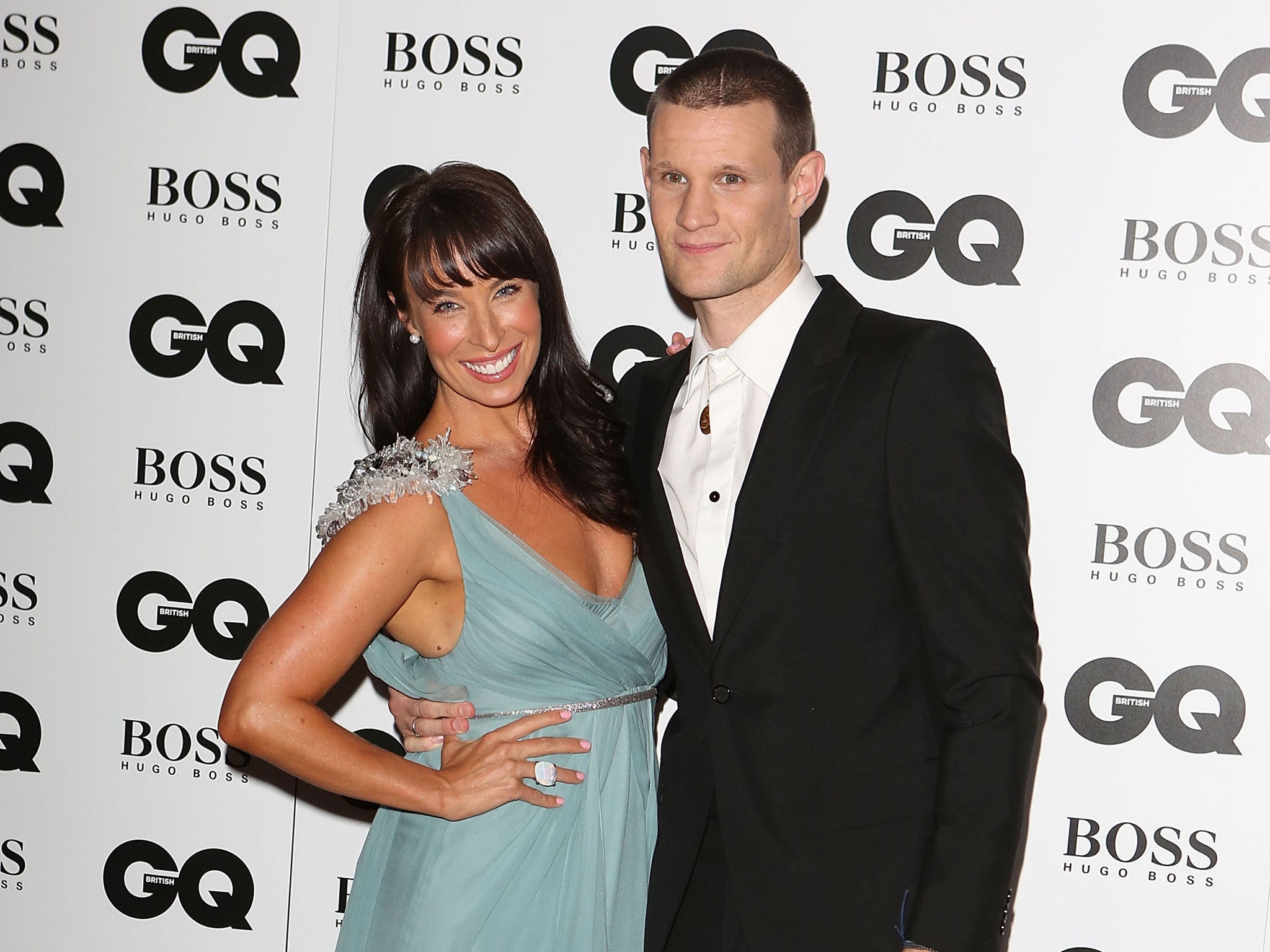Have British men lost their swagger? GQ's Men of the Year awards is one place to find out
The Iraq War conclusively disillusioned many of us as far as the Blair administration was concerned, but Britain's current lack of self-confidence is a different matter


Your support helps us to tell the story
From reproductive rights to climate change to Big Tech, The Independent is on the ground when the story is developing. Whether it's investigating the financials of Elon Musk's pro-Trump PAC or producing our latest documentary, 'The A Word', which shines a light on the American women fighting for reproductive rights, we know how important it is to parse out the facts from the messaging.
At such a critical moment in US history, we need reporters on the ground. Your donation allows us to keep sending journalists to speak to both sides of the story.
The Independent is trusted by Americans across the entire political spectrum. And unlike many other quality news outlets, we choose not to lock Americans out of our reporting and analysis with paywalls. We believe quality journalism should be available to everyone, paid for by those who can afford it.
Your support makes all the difference.It was Matt Smith, the soon-to-dematerialise Doctor Who, who made one of the most thoughtful contributions to the GQ Men of the Year event, held at London's Royal Opera House on Tuesday night. In presenting an award to Noel Gallagher, he said that the Oasis man had penned the soundtrack to our lives. In particular, he said, Gallagher had captured through his music the spirit of a time when Britain felt more sure of itself, had more of a swagger, and was altogether a happier place. He's right, of course, and more of this later.
This was the 16th staging of the awards evening, and through my connection with the magazine (interest declared), I've attended 15 of them. I've seen Dom Joly banned for life for heckling the winners as they went to the stage, I've seen Elton John and Lily Allen as co-presenters in the equivalent of a showbiz car crash, and I've witnessed all manner of bad behaviour, including my own (I once accidentally smashed the theatre director Stephen Daldry's award, and that isn't the worst of it!). In that time, this event has grown in stature and reach, and this year saw a parade of entertainment royalty, such as Michael Douglas, Ronnie Wood, Samuel L Jackson and, for heaven's sake, Lou Reed. GQ may celebrate the young and vibrant, but the combined age of this venerable quartet comes in at 269.
Well, we've all aged over the lifespan of the awards, and many things have changed around us, and it was this to which Matt Smith was referring. "There was a time," he said, "when we saw the possibilities of New Labour, when we had a bit of swagger, and I think we've lost that." So, if he's right, where did it all go wrong? What, in those 16 years, has changed? Tony Blair came into power in 1997 on a tide of popular support, and with a blank cheque from the British electorate. People were engaged with politics, and believed that our world could be transformed for the better. In fact, the sight of Gallagher being received by Blair at No 10 remains one of the most powerful images of that age. Britannia was cool, and politics, for the first time, had an intersection with rock'n'roll.
The Iraq War conclusively disillusioned many of us as far as the Blair administration was concerned, but what Smith identifies as Britain's current lack of self-confidence is a different matter. The GQ awards - a room full of high-octane egos - may not be the best place to feel an absence of braggadocio, but I also believe that something has been diminished in the nation's self-image. We no longer trust our politicians - and, notwithstanding the expenses scandal, Blair must shoulder a large degree of responsibility for this. The hacking scandal has had the effect of discrediting large sections of the Press. And the police have been exposed in too many scandals to enjoy untrammelled public confidence. In the age of free and open communications, old certainties have been peeled away. We find it hard to have faith in some of the most important institutions in society. No wonder we don't have that swagger any more.
Join our commenting forum
Join thought-provoking conversations, follow other Independent readers and see their replies
Comments